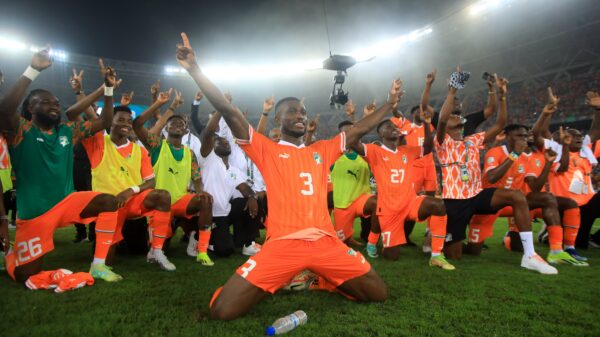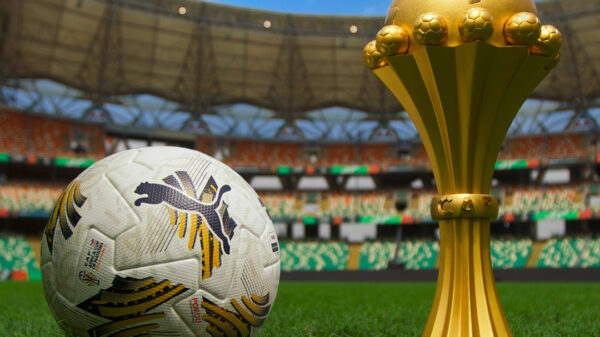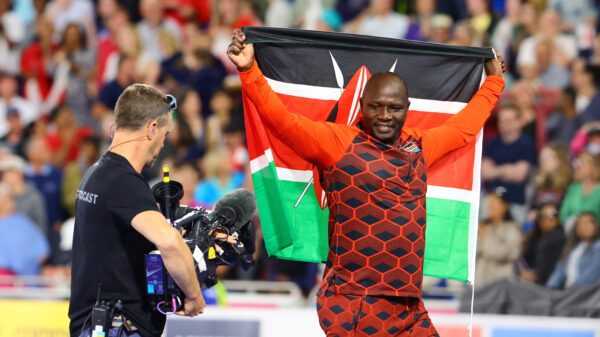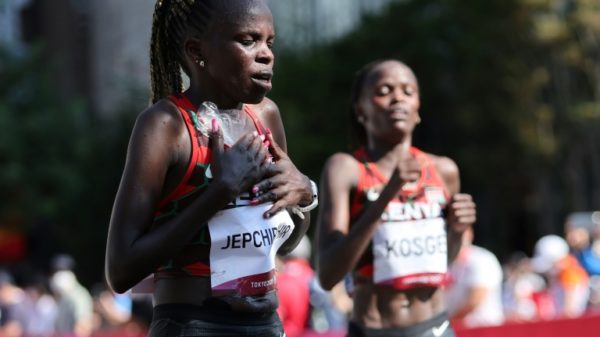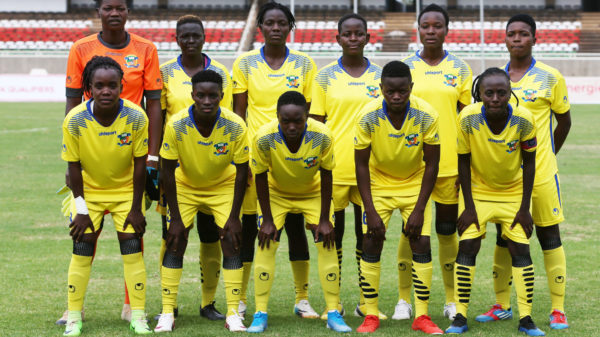NAIROBI, Kenya, Jan 27 – In the dynamic world of sports, where competition is fierce and victories are hard-fought, the bedrock of fair play and transparency becomes the essence of the sporting community.
Nowhere is this truer than in Kenya, a nation with a storied athletic tradition and an increasingly prominent presence across various sports.
The commitment to maintaining the highest standards of integrity is not just a lofty ideal; it is a fundamental necessity for the sustained success and the cultivation of a positive sports culture in the country.
Kenya’s global sporting imprint is undeniably impressive, particularly in the realm of athletics.
The nation stands tall, recognized for producing world-class long-distance runners and achieving excellence in disciplines such as track and field, rugby, and boxing. Yet, the road to enduring success lies in the unwavering dedication to upholding the principles of integrity within the entire sporting community.
Athletes, in many ways, are the face of a nation, serving as its ambassadors and role models for aspiring sports enthusiasts.
The responsibility of upholding integrity falls squarely on their shoulders, necessitating a commitment to fair play, adherence to anti-doping regulations, and the consistent exhibition of sportsmanship on and off the field.
In doing so, athletes not only enhance their personal reputations but also contribute to the overall positive image of Kenyan sports, inspiring future generations.
Like many nations, Kenya has grappled with challenges related to doping in sports. Safeguarding the integrity of competitions requires athletes to fully embrace anti-doping measures.
Consequently, the country’s sports authorities should persist in investing in education and testing programs, creating awareness about the dire consequences of doping and acting as a deterrent for athletes contemplating such practices.
Integral to the integrity of Kenyan sports is the transparency and accountability of its sports governance bodies. Fair and unbiased administration, transparent financial management, and the strict adherence to ethical standards are imperative for fostering trust within the sporting community.
Stakeholders, including athletes, coaches, and fans, must have unwavering confidence in the institutions overseeing sports in the country for the foundation of integrity to remain robust.
Education plays a pivotal role in shaping the ethical fabric of sports. Integrating programs that emphasize sports ethics and integrity into the training curriculum for athletes and coaching staff is paramount. Instilling values such as respect, responsibility, and fairness early in an athlete’s career contributes to a culture of integrity that extends beyond the playing field.
The active involvement of the community is indispensable in building a culture of integrity in Kenyan sports.
Local sports clubs, schools, and community centers can play a vital role in promoting ethical behavior and discouraging cheating.
Initiatives that encourage community engagement, such as sports festivals, not only foster a sense of pride but also instill a collective responsibility among athletes and fans alike.
The media, as a powerful influencer, bears a crucial responsibility in shaping public perceptions of sports and athletes.
Responsible reporting and coverage that highlight the positive aspects of Kenyan sports contribute significantly to the overall integrity of the sporting community.
Journalists must prioritize accuracy, fairness, and ethical reporting, steering clear of sensationalism that may tarnish the hard-earned reputation of athletes and the sports they represent.
In conclusion, integrity in Kenyan sports is not just a moral imperative; it is a strategic necessity for continued success on the global stage.
By fostering a culture of transparency, fair play, and ethical behavior, Kenya can build upon its illustrious sporting legacy and serve as a beacon of inspiration for future generations of athletes.
The collective efforts of athletes, sports administrators, the media, and the community are indispensable in creating an environment where integrity not only survives but thrives, contributing to a brighter and more successful future for Kenyan sports.
–Michael Kwambo is a retired rugby player and the Kenya Rugby Union Communications Manager–








